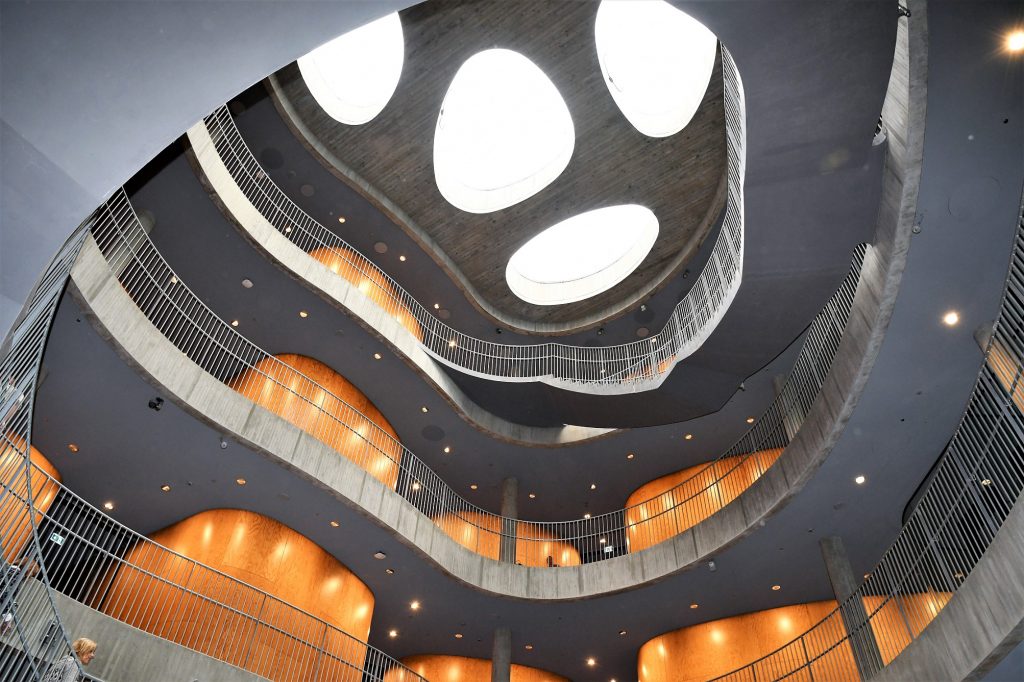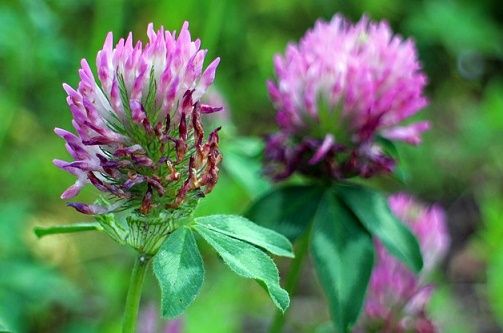Women who have passed the menopause frequently develop the bone disease osteoporosis and, at present, this is often treated with oestrogen. The snag is that oestrogen treatment can increase the risk of cancer, as well as having other unpleasant side-effects.
Researchers at Aarhus University think they may have the answer: concentrated, fermented red clover extract. Half of a group of 78 women chosen for the study were injected with 60 ml of the extract. A year later, the group were scanned to check bone density in the hips and back. The results showed that the women in the placebo group had lost around 5 percent of their bone mass, whilst the group given the injection remained stable.
The red clover plant, trifolium pratense, contains phytoestrogen (or plant oestrogen), which has some of the same effect as ordinary oestrogen. The difference is that phytoestrogen attaches itself to different cells in the body than oestrogen, and so has a slightly different effect.
Pressure group blames municipality for poisoning lake-side trees
A group calling itself ‘save the city’s trees’ – Red Byens Træer – has started an online petition to save the horse-chestnut trees around the Lakes. The group alleges that the conker trees are being neglected by the municipality as well as being weakened by the continued use of salt on the roads, which acts as a poison. “The municipality has denied the lake-side horse-chestnuts trees the necessary life-prolonging care and is salting them to death – all to save 70,000 kroner a year,” the group writes on blogspot.dk. It goes on to point out that many of the trees are in such a bad way that they have to be felled for safety reasons. As a solution, they suggest the use of potassium formate instead of salt, even though the former costs twice as much as the latter.
New plant science centre opens in Copenhagen
A brand-new, state-of-the-art research centre opened today in Frederiksberg under the auspices of the University of Copenhagen. The Copenhagen Plant Science Centre is part of a larger initiative from the university to generate new knowledge in plant research. “Through plant research we can make discoveries and lay scientific foundation for solving some of the world’s greatest challenges – for example, food security, food production, medicines and new forms of green energy,” said the provost of the university, Thomas Bjørnholm, who is also one of the initiators of the project. Seen from the air, the building has been designed to look like a giant plant cell.

















